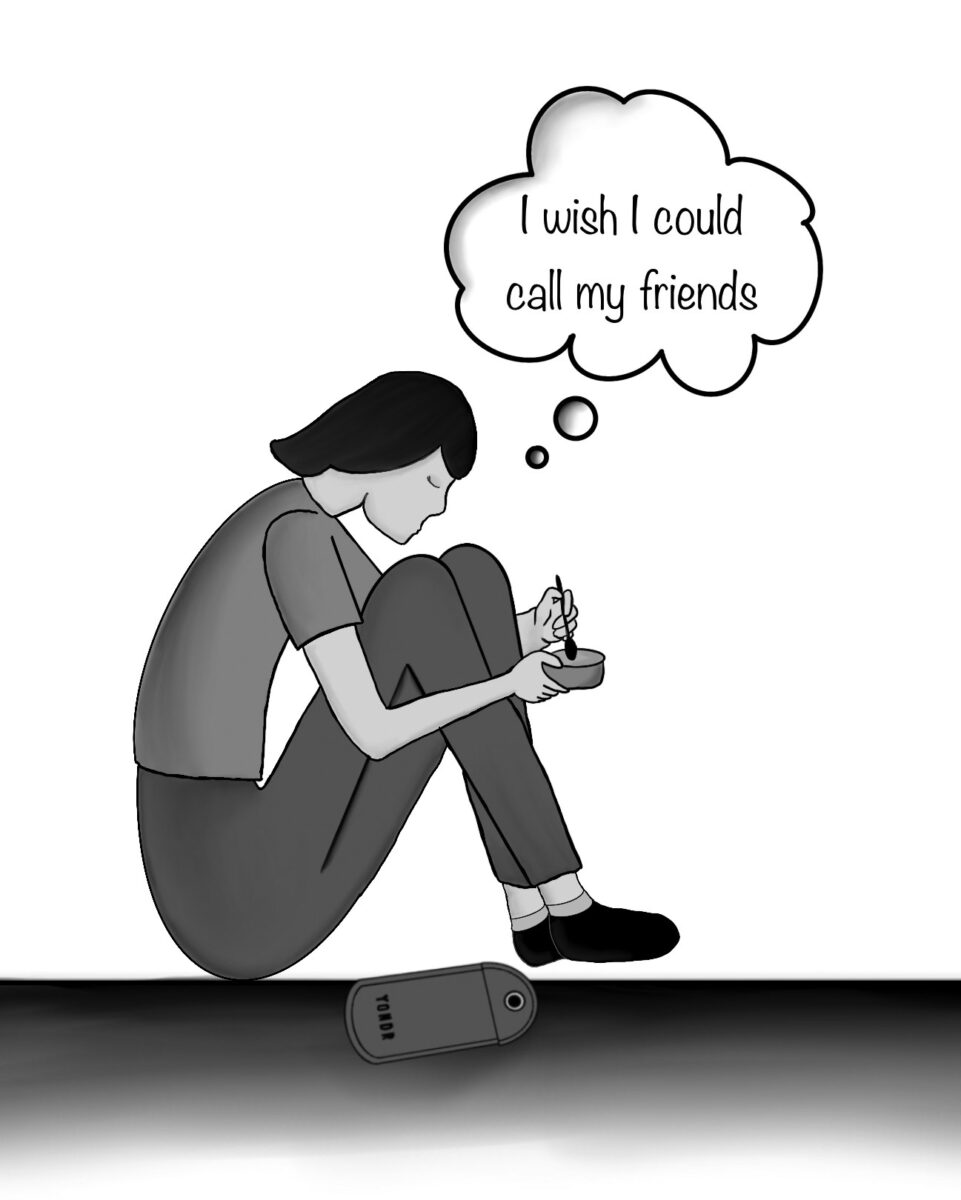Bing! That’s the sound of the latest smartphone going off as an incoming text message arrives. The glow of the phone’s screen lights up the inside of a plastic princess castle as the eight-year-old checks her phone to see what juicy gossip has just arrived.
“OMG did u no that Sarah and Johnny r going out!?”
This atrocious style of communication has become commonplace as more and more children are born with the latest technology products in their hands.
Studies show that technology and social media websites can be detrimental to youths.
A 2011 issue of Consumer Reports Magazine reported that of the 20 million minors that had used Facebook in the last year, 7.5 million of those users are under Facebook’s age limit of 13 and 5 million users are under the age of 10.
Joining social media networks at such a young age is exposing children to unnecessary dangers. Consumer Reports Magazine also reported that over one million children were subjected to bullying, harassment and threats in the past year via Facebook. At such a young age, many children haven’t yet been taught how to stop bullying or how to get help.
Bullying was already a problem for kids before social media sites came along, but these sites are subjecting the children to bullying in their own homes, not just at school.
Parents are contributing to the dilemma of technology obsession by bombarding children with educational software and videos as soon as they are able to open their eyes. Some parents think their kids need to watch all the educational DVDs in existence before they start preschool, but studies have shown that the those videos aren’t as successful as they may seem.
According to a study conducted by the American Academy of Pediatrics, children under age three are not affected positively or negatively by television. Many parents sit their toddlers in front of the TV to watch educational programs, yet the programs are not actually educational to the child at that age. Any videos they see go in one ear and out the other, as there have been no statistics to suggest that language or motor skills are improved as a result of the videos.
AVG, an Australian Internet security company, released a study that said 92% of children in the United States already have an Internet footprint before the age of two. A third of children in the countries studied have information or photos digitally uploaded within weeks of birth. The study also reported that seven percent of babies have email addresses and five percent have social network profiles that were created by parents.
Putting photos and information about children online will prevent them from ever being able to limit what information about themselves becomes public. In 40 years the future president may have a tweet such as “I just pooped myself” forever digitally linked to their name because a parent thought they were being cute.
Kids need to be allowed to live freely without social media, educational software and other unnecessary technology for the first part of their lives. Growing up in this world of technology will make kids dependent on it for the rest of their lives. Forcing kids to live independently of technology for a few years will allow them to learn life skills beyond technology.







